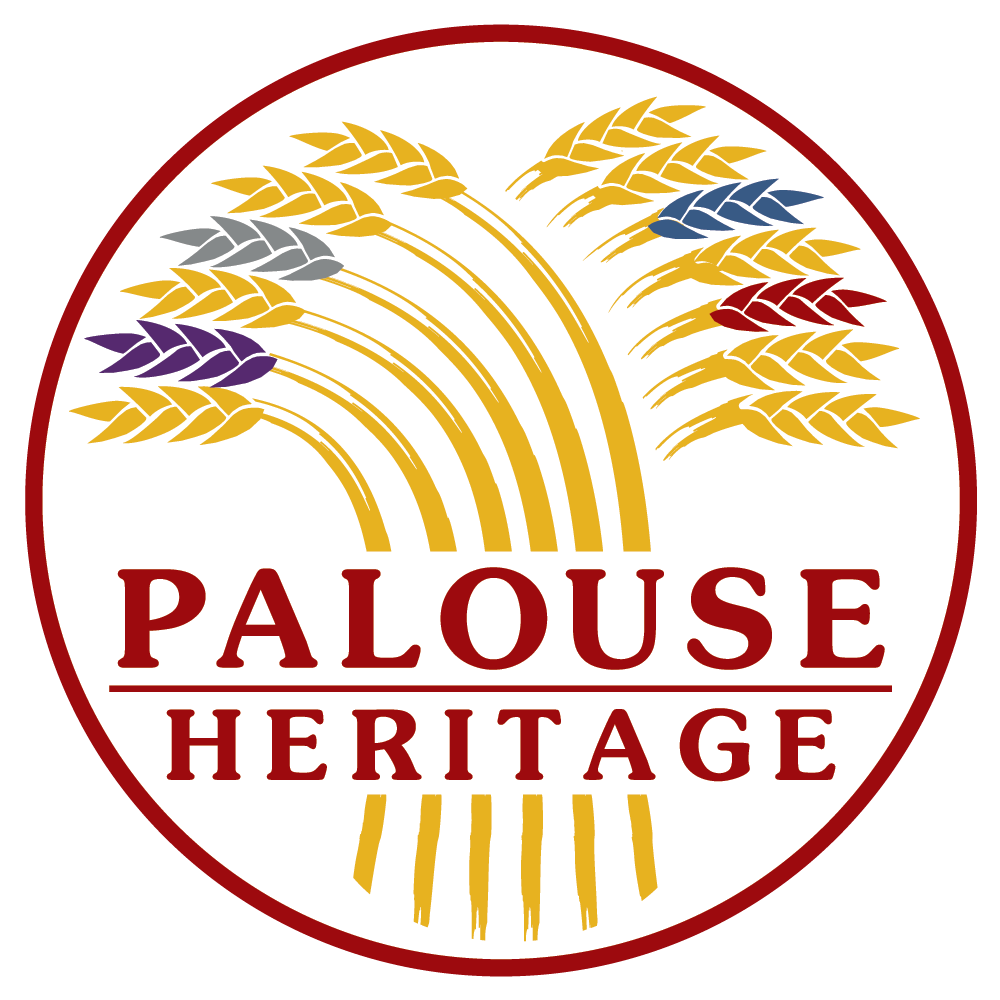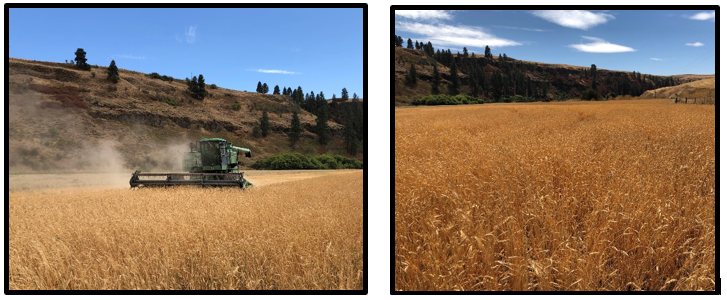Amber Eden Grain and a Memorable Harvest
On a collecting trip to a popular Persian grain market over a century ago, near the location of ancient Sumer in present Iraq, a USDA official found a vendor of an exceptional bread wheat said by locals to have come from the Garden of Eden. The American likely thought it an entertaining story with little significance. But the grain was tested soon after it arrived here in the US and found to be something indeed spectacular—a hard white landrace (pre-hybridized heritage) wheat. Virtually all wheat flours used for breadmaking come from hard red grain which is healthy when milled as whole grain to preserve the nutrient-dense germ and bran as well as interior endosperm. For this reason whole grain breads tend to be dark compared to white breads typically made from those made from flour that has been sifted to remove much of the kernel.
The existence of this exceedingly rare hard white “Eden” grain offered the prospect of whole grain nutrition in a light-colored loaf! And after considerable searching facilitated by friends at WSU’s Bread Lab in Mt. Vernon, our Palouse Colony-Ethos Stone Mill team was able to procure a sample from a European seedbank. After several years of patient increase, we were pleased to harvest a sufficient crop of this remarkable grain this summer that we will soon be marketed as flour.
Harvesting Hard White Amber Eden Wheat
Palouse Colony Farm (August 2021)
The Bible and other ancient literatures open with divine creation of the world and living things including seed-bearing plants. Genesis 1:11-12 states, “And God said, ‘Let the earth sprout vegetation, plants yielding seed, and fruit trees….’ And it was so. The earth brought forth vegetation, plants yielding seed according to their own kinds…. And God saw that it was good.” The concept of Creator as First Agrarian offers two related guiding principles for humanity’s sacred relationship to the land: (1) The earth and its bounty is to be treated respectfully (e.g., Psalm 24:1); and (2) people are to cultivate it responsibly (Genesis 2:15). Grains, grapes, and olives—the so-called Mediterranean triad—dominated the Hebrew diet (Deuteronomy 7:12-13, II Chronicles 31:5-6) and provided a wide range of flavorful, nutritious foods made from flour, wine, and oil. So heavy was their reliance on bread that the Hebrew term for it, lehem, is synonymous with food in general (Genesis 28:20, Ruth 1:6, Psalm 132:15).

